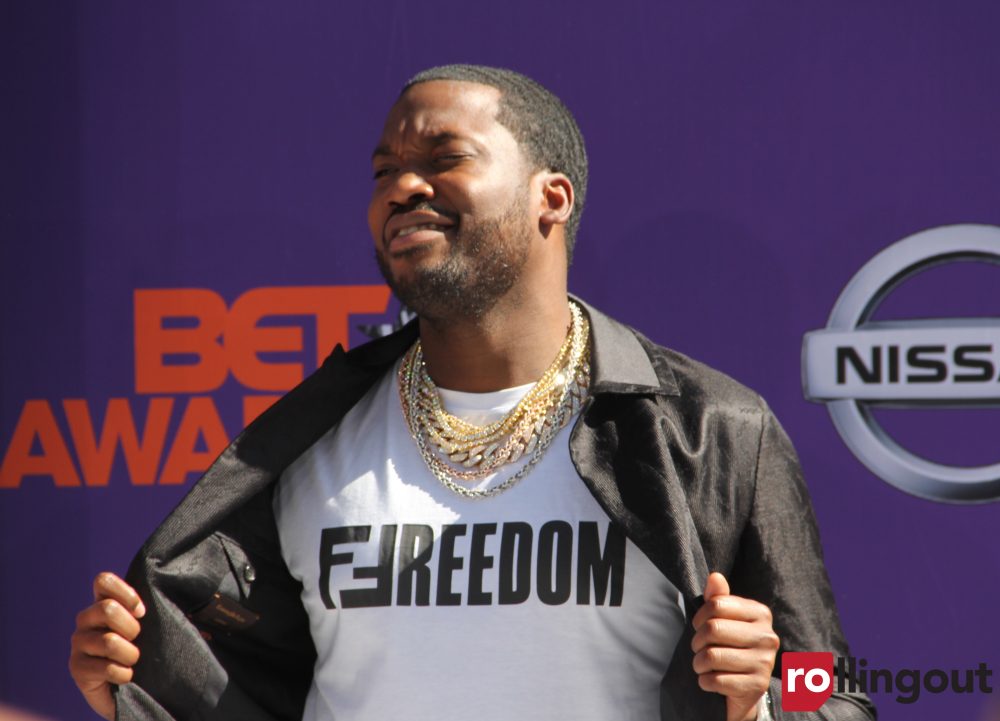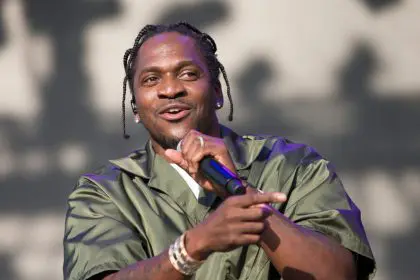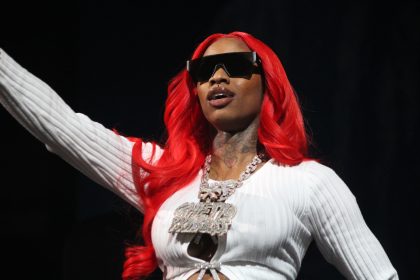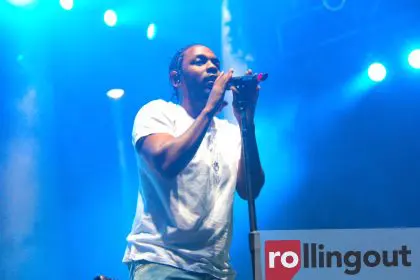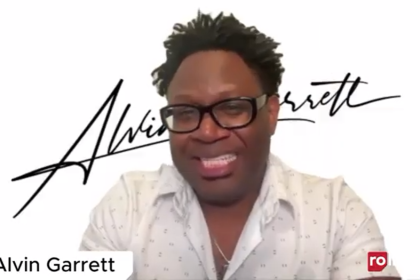In a significant development within the hip-hop community, Meek Mill has stepped forward to address recent allegations surrounding music industry titans. The Philadelphia rapper’s response comes amid a complex legal situation involving several prominent figures in the music industry, including Jay-Z and Sean “Diddy” Combs. The timing of Mill’s intervention has drawn particular attention, as it comes during a period of unprecedented scrutiny of the hip-hop industry’s power dynamics and internal relationships.
Understanding the backdrop
The controversy stems from a lawsuit filed by producer Lil Rod, containing serious allegations about events following the 2000 MTV Video Music Awards. The claims have created unprecedented tension within the hip-hop community, challenging long-established relationships and forcing artists to take public positions. This situation has exposed the intricate web of professional and personal connections that have long defined the industry’s landscape. The allegations have also highlighted the complex nature of loyalty and accountability within the hip-hop community, where personal relationships often intersect with business interests.
Meek Mill’s stance and industry impact
Taking to social media platform X, Meek Mill expressed strong skepticism about the media narrative surrounding the allegations. His response suggests a deeper concern about the way information flows through traditional media channels and how stories can be shaped to create specific narratives within the industry. Mill’s intervention has sparked a broader conversation about media responsibility and the role of social platforms in shaping public opinion on sensitive matters.
The impact of Mill’s statements extends beyond the immediate controversy, touching on fundamental questions about power structures within the music industry. His perspective has resonated with many industry insiders who share similar concerns about media representation and narrative control. This situation has become a catalyst for examining how the industry handles internal conflicts and responds to serious allegations.
The evolving media landscape
The role of social media in amplifying and shaping this controversy cannot be overstated. Traditional media outlets find themselves competing with instant reactions and viral responses on social platforms, creating a complex environment for truth-seeking and responsible journalism. This dynamic has led to increased scrutiny of how such sensitive matters are reported and discussed in the public sphere.
The intersection of traditional media coverage and social media commentary has created new challenges for artists and industry figures attempting to navigate public relations crises. The immediate nature of social media responses has forced many to carefully consider their public statements, knowing that each word will be analyzed and dissected by both fans and critics.
Industry accountability and reform
The controversy has sparked serious discussions about accountability mechanisms within the music industry. Questions about internal oversight, professional conduct, and the protection of vulnerable individuals have come to the forefront. Industry veterans and newcomers alike are calling for more transparent systems and clearer protocols for addressing serious allegations.
The situation has also highlighted the need for better support systems within the industry, particularly for those who wish to speak out about misconduct. This includes discussions about legal protections, professional safeguards, and the role of industry organizations in maintaining ethical standards.
Looking forward
As the situation continues to develop, the music industry faces a critical moment of reflection. The controversy has brought to light important questions about power dynamics, accountability, and the responsibility of artists in addressing serious allegations. The coming weeks are likely to be crucial in determining how the industry addresses these challenges and what changes might emerge from this period of intense scrutiny.
The long-term implications of this controversy may lead to significant changes in how the music industry operates. From improved accountability measures to enhanced protection for all industry participants, the current situation could serve as a catalyst for meaningful reform. Industry observers note that this moment could mark a turning point in how the hip-hop community addresses internal conflicts and responds to serious allegations.
The resolution of this situation will likely have lasting effects on industry practices, media coverage of sensitive topics, and the way artists navigate public controversies. As the story continues to unfold, all eyes remain on how key figures will respond and what precedents their actions might set for future situations.

